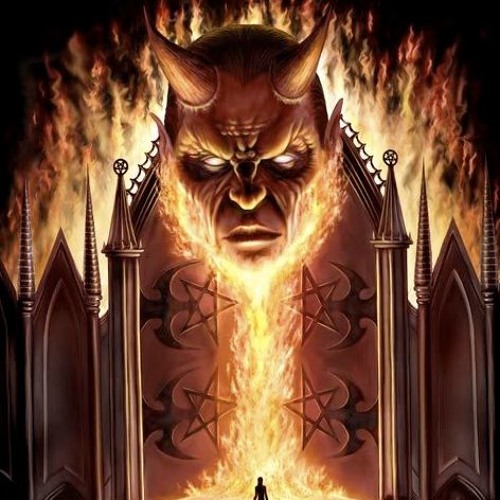

The Argives were initially reluctant to accept the challenge. Duel with Ajax Īs described by Homer in the Iliad at the advice of Hector’s brother Helenus (who also was divinely inspired) and being told by him that he was not destined to die yet, Hector managed to get both armies seated and challenged any one of the Greek warriors to single combat. In the ensuing fight, Hector killed him, fulfilling the prophecy.Ījax and Hector exchange gifts ( woodcut in Andreas Alciatus, Emblematum libellus, 1591). Finally, Odysseus threw his shield out and landed on that, and Protesilaus jumped next from his own ship. Thus, Protesilaus, Ajax, and Odysseus would not land.

A prophecy had stated that the first Greek to land on Trojan soil would die.

He had fought the Greek champion Protesilaus in single combat at the start of the war and killed him. In the Iliad, Hector's exploits in the war prior to the events of the book are recapitulated. By all accounts, Hector was the best warrior the Trojans and their allies could field, and his fighting prowess was admired by Greeks and his own people alike. Hector commanded the Trojan army, with a number of subordinates including Polydamas, and his brothers Deiphobus, Helenus and Paris. Tischbein (1751–1828)Īccording to the Iliad, Hector did not approve of war between the Greeks and the Trojans.įor ten years, the Achaeans besieged Troy and their allies in the east. Hector Admonishes Paris for His Softness and Exhorts Him to Go to War by J. After slaying him, Achilles then tied Hector’s dead body to his chariot and dragged him around the city of Troy, which was the most utter act of disrespect. Achilles then stabbed Hector in his throat, resulting in his untimely death. Hector refused, wanting to talk with Achilles, in an attempt to resolve the altercation without bloodshed, though Achilles was not one to be reasoned with due to Hector slaying his close wartime companion, Patroclus.

Hector’s parents sat upon Troy’s wall, pleading for him to take shelter within the safe walls. According to Homer’s book, “ The Iliad”, Hector was killed in single combat by Achilles. Hector died at the hand of a Greek warrior named Achilles. Greek author and poet, Homer, described Hector as “peace-loving, thoughtful, as well as bold, a good son, husband and father, and without darker motives.” He was handsome, fierce, high-spirited, merciful to the citizens, and deserving of love. His complexion was fair, his hair was curly. According to Trojan Priest and author, Dares Phrygius, Hector “spoke with a slight lisp. Hector wed with Andromache, who was his wife, and the mother of his first and only infant son, Scamandrius, who the people of Troy knew as Astyanax. He was the first-born son of King Priam and Queen Hecuba, making him a prince of the royal house and heir to his father’s throne. Hector (meaning to hold fast) of Troy was a Trojan Prince and warrior of Troy. He was handsome, fierce, and high-spirited, merciful to the citizens, and deserving of love." Biography Meanwhile, in the account of Dares the Phrygian, he was illustrated as ". Hector was described by the chronicler Malalas in his account of the Chronography as "dark-skinned, tall, very stoutly built, strong, good nose, wooly-haired, good beard, squinting, speech defect, noble, fearsome warrior, deep-voiced". Hector's name could thus be taken to mean 'holding fast'. Héktōr, or Éktōr as found in Aeolic poetry, is also an epithet of Zeus in his capacity as 'he who holds '. In Greek, Héktōr is a derivative of the verb ἔχειν ékhein, archaic form * ἕχειν, hékhein ('to have' or 'to hold'), from Proto-Indo-European * seɡ́ʰ- ('to hold').


 0 kommentar(er)
0 kommentar(er)
